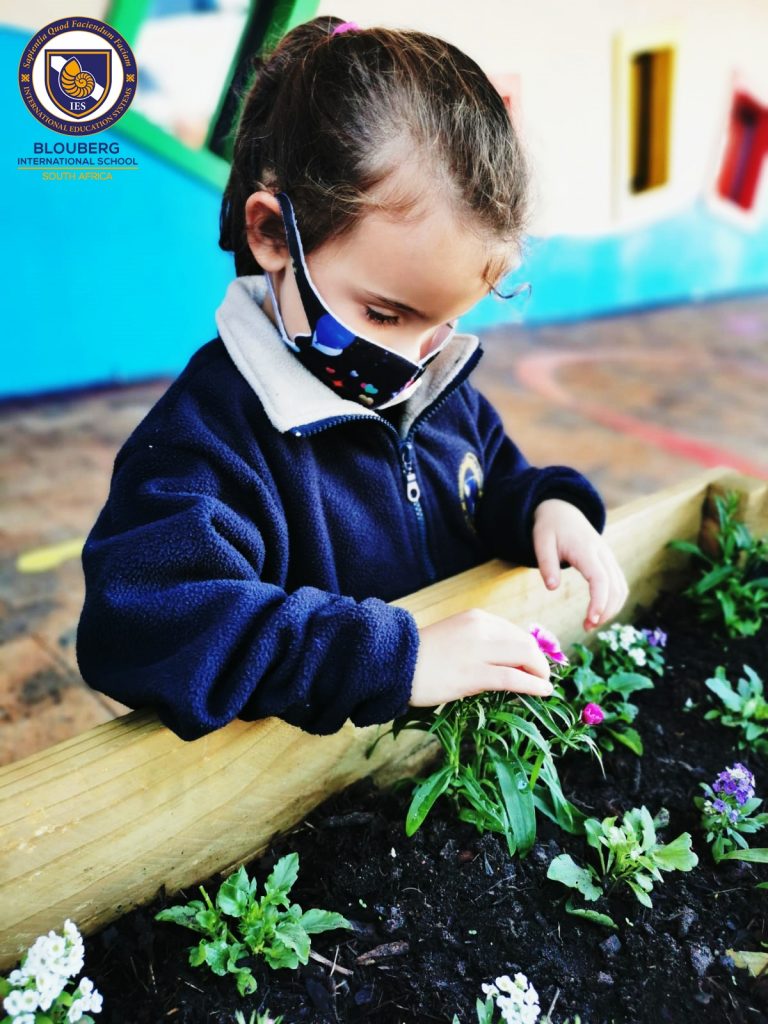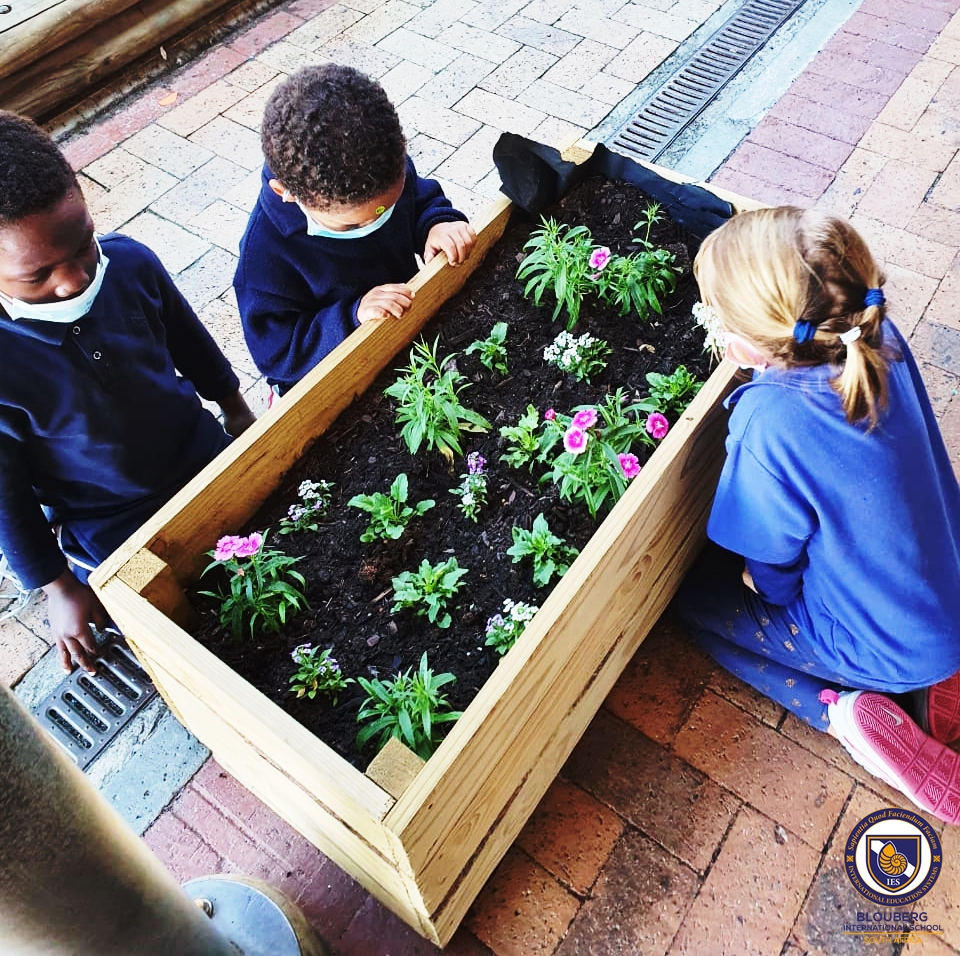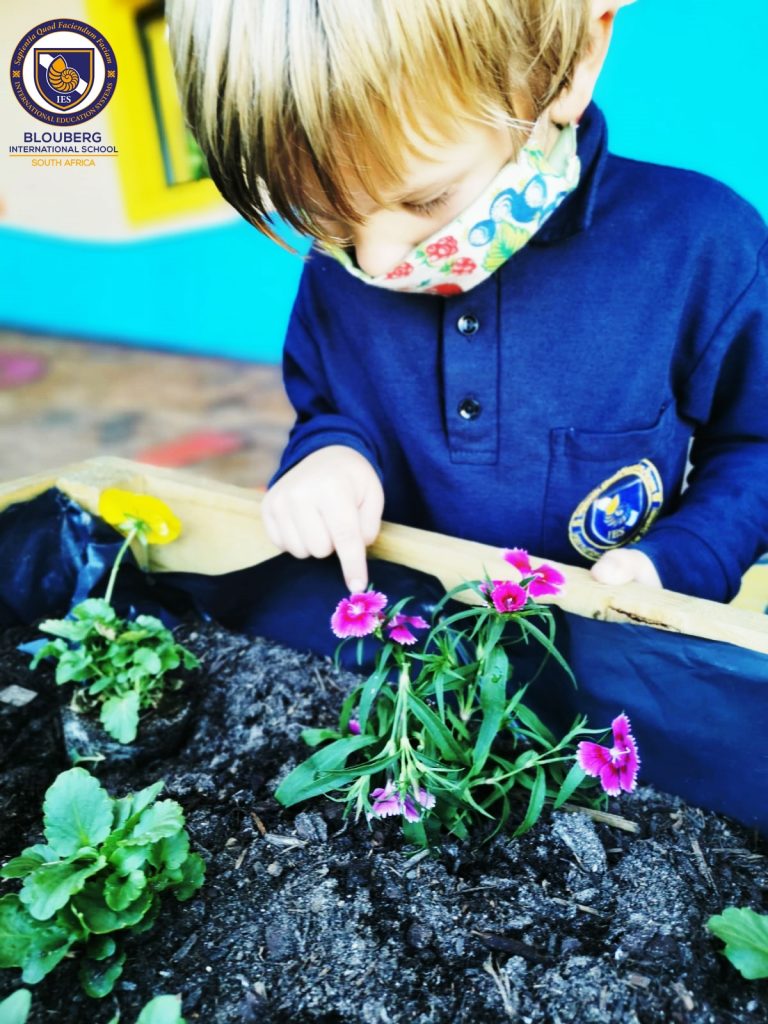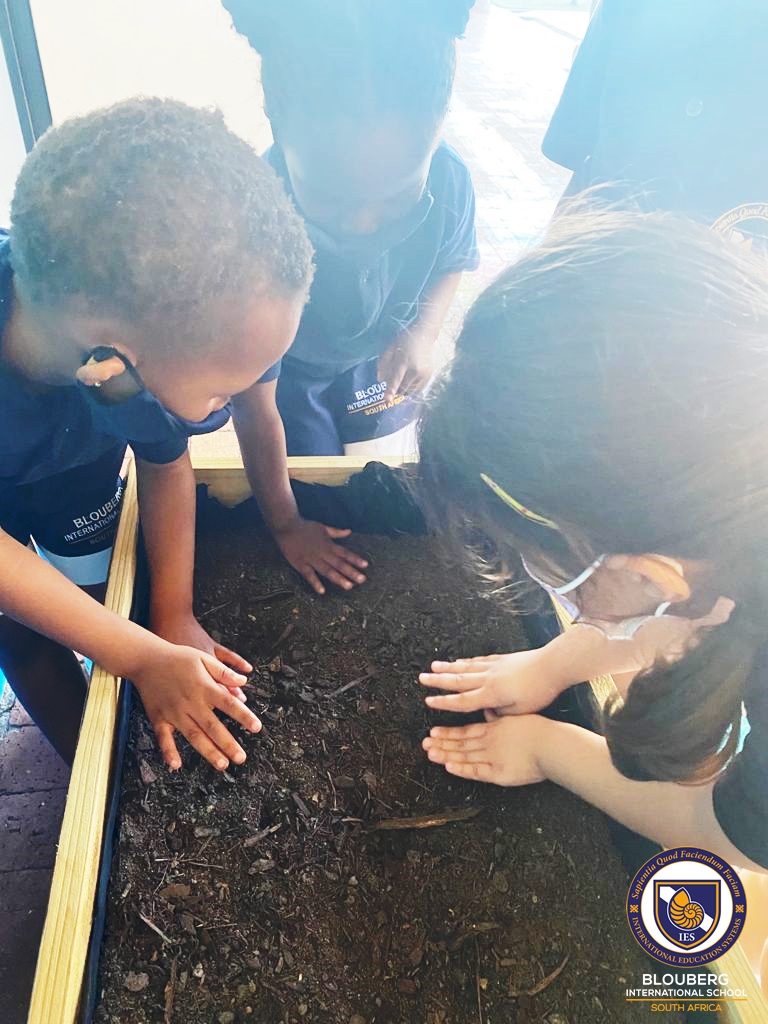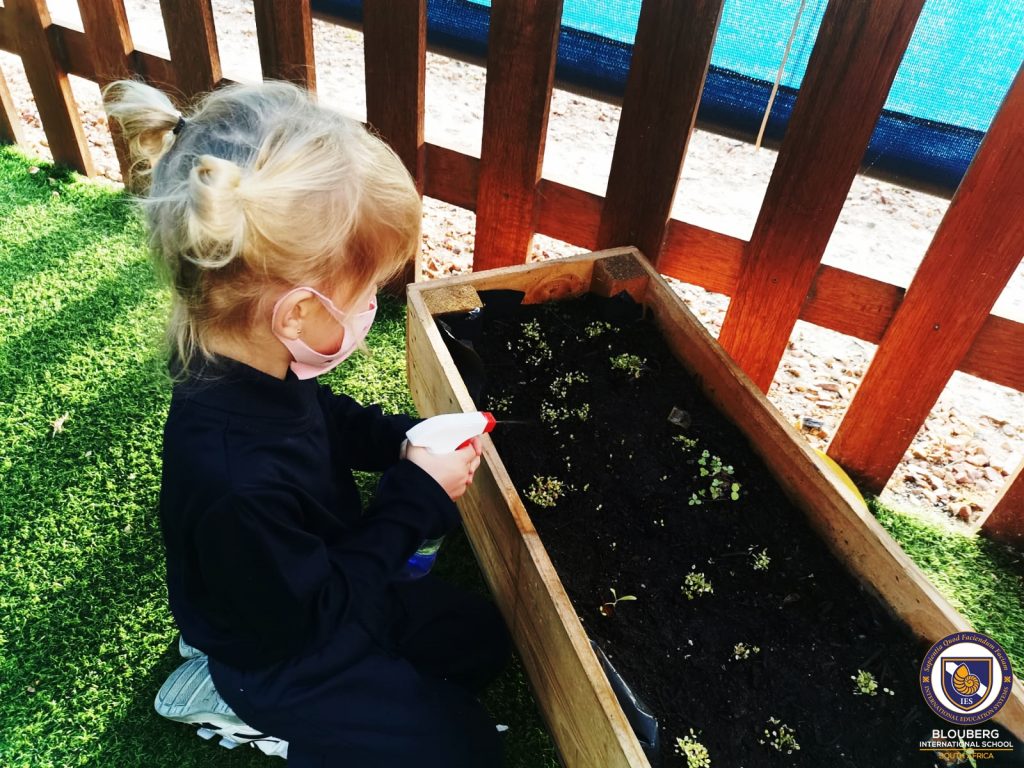A fun way to learn our initial sounds of words in Pre-Reception
A fun way to learn our initial sounds of words in Pre-Reception
It is important for children to learn letter-sound relationships because the English language uses letters in the alphabet to represent sounds.
Phonics teaches this information to help children learn how to read. Children learn the sounds that each letter makes.
A fun way through which the Pre-Reception students learn the initial sound of words is… I would like to introduce you to a very important member of our class. His name is the Sound Monkey and the students take turns to take him home with them and find something that starts with the letter of the alphabet that we are learning about that week.
The students are always very excited when it is their turn and can’t wait. It is always very interesting to see what the sound monkey has in his bag the next day. It’s usually things that I did not even think of.
It is very interesting to see how quickly the students have been learning the initial sounds of words in this manner. Now let us see whose turn it is today!
Cindy Nunan
Pre-Reception Teacher






Read More

Shaping Positive Eating Habits
Wow! What a busy week it has been. Our main focus in Nursery this week has been on Healthy Eating, and believe me when I tell you that I have had to explain why chocolate is not a fruit more times than I have had to sing “Let it go”, and that’s A LOT.
Explaining to our students why their chips and chocolates should not be eaten in the morning, is similar to arguing with a qualified lawyer about the law, it hardly ever ends well. However, as the week progressed, our little ‘pre-lawyers’ began enjoying learning about healthy eating so much, that we actually had to send some of the unhealthy snacks back home, and that itself is like a snowy day in summer.
This has reinforced my belief that teaching young students about healthy living does not have to be done through a strict, structured routine, but rather through fun, play-based activities. Play-based learning helps support our children’s desire to explore and interact with the world around them. Providing them with opportunities to explore and learn about foods, separate from meal times, not only exposes them to new foods but allows those fussy eaters to explore non-preferred foods in an encouraging way.
As our school follows the wonderful Traffic Light System, our students are already aware of the foods that are not healthy, but maintaining that diet can be tricky with toddlers. So this week, we introduced healthy eating through colour, exploration and a lot of gentle encouragement. Some of the students helped create a healthy eating colour chart that explored the principle of ‘eating the rainbow’ and even chose some of their favourite fruits and created crafty fruit baskets for our next picnic. We also explored shopping for fruits and vegetables, and students picked out various healthy foods that we can find at the grocery store.
By making healthy eating fun, engaging and hands-on, our students found it less daunting to face the vegetables on their plate and supported our long-term goal of building a foundation for lifelong healthy eating habits.
Jo-Anne Dickason
Nursery Teacher



Read More
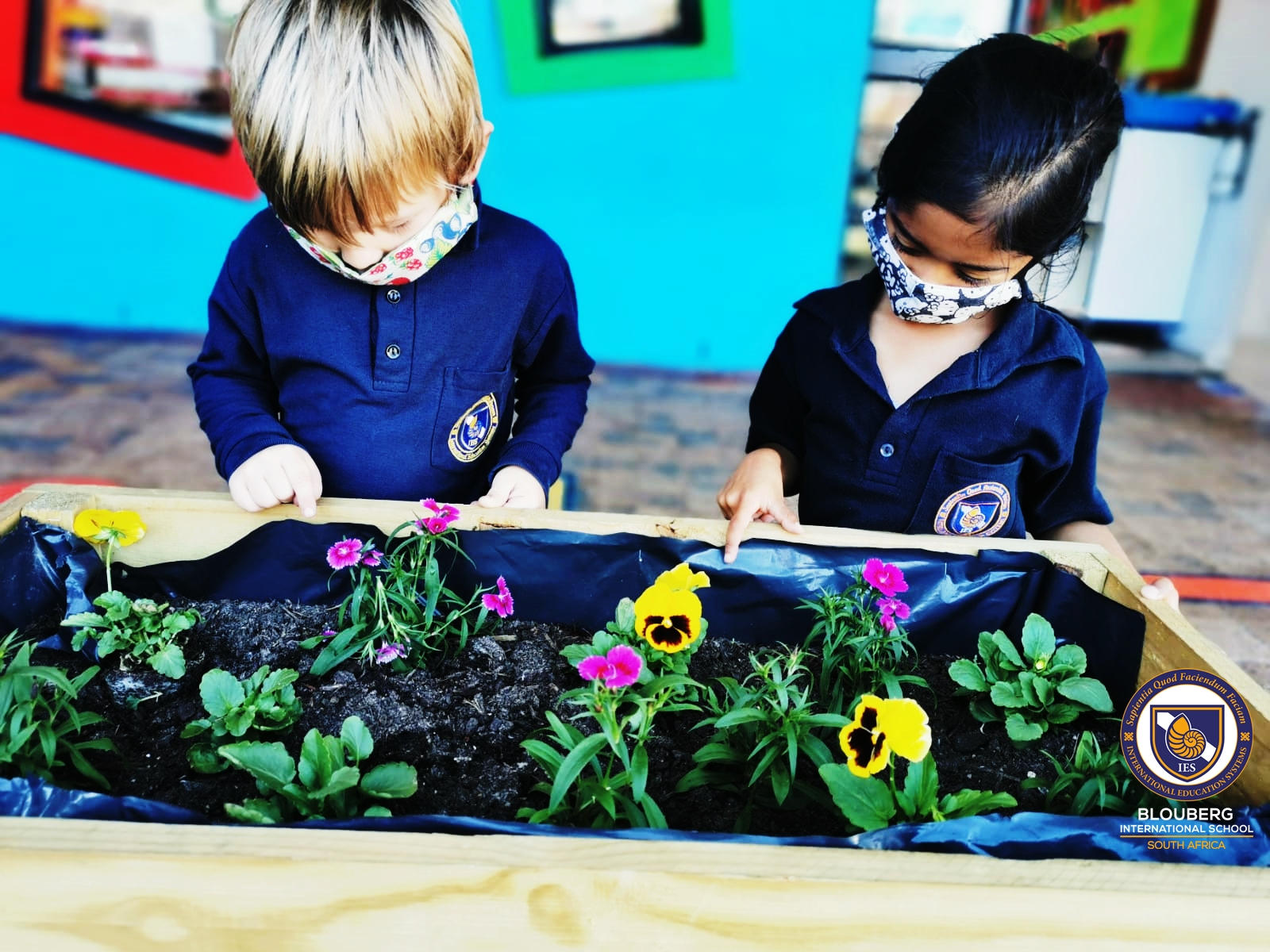
The Benefits Of Gardening For Children
In the Foundation Stage we have decided to grow our own little class gardens in planters outside our classrooms. Gardening offers so many fun and interesting opportunities for the students and teaches them invaluable lessons.
They learn about the different types of flowers, vegetables and herbs and what they need to help them grow. It also offers an opportunity for the children to learn about different shapes and colours, etc.
Gardening engages all sorts of senses. They can feel the texture of soil, seeds, flowers, etc. They get to smell all the beautiful flower scents and see all the colourful petals. It also helps develop hand-eye coordination as well as physical strength.
If children grow their own vegetables, they gain a keen interest in eating them. Growing vegetables not only teaches them the hard work that it takes to grow them but also a sense of achievement! Growing any sort of flowers or vegetables requires daily attention and care. The students take turns to water their little gardens. They quickly learn if they are not watered regularly and taken care of they won’t flourish.
We have seen here at school, gardening is a good way to teach responsibility. The students are learning to be patient while waiting for their flowers and vegetables to grow. They need to remain engaged in the process and keep looking after their flowers and vegetables even when there are no clear results, but the anticipation makes the moment their flowers or vegetables sprout even more exciting!
Cindy Nunan
Nursery & Pre-Reception Teacher
